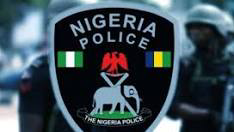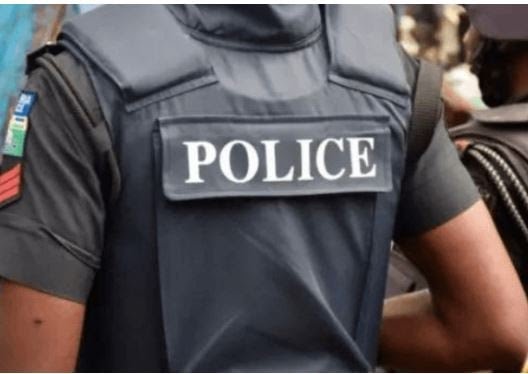Power Supply Sees Improvement, but Nigerians Report Mixed Experiences
Nigeria’s electricity sector is showing signs of recovery, with noticeable improvements in power supply recorded in several parts of the country.
However, while some residents and businesses are enjoying longer hours of electricity, others remain stuck with erratic service, reflecting the uneven reality of the national grid.
In recent weeks, communities in states such as Lagos, Ogun, Akwa Ibom, Delta and Bayelsa have reported an uptick in supply, particularly in areas classified under Band A feeders. In Uyo, residents say electricity now comes almost every evening with fewer daytime interruptions — a significant change from the prolonged blackouts that had become the norm.
Yet, many others, especially those in Band C and D categories, continue to endure less than seven hours of supply per day, forcing them to depend on generators and alternative sources.
Sector statistics also paint a picture of cautious progress. According to figures from the Transmission Company of Nigeria (TCN), power generation has recently peaked at over 5,500 megawatts, with sustained averages above 5,000 MW. This is an improvement compared to previous quarters, though still far below Nigeria’s total installed capacity, which remains underutilized due to gas shortages, equipment breakdowns, and transmission bottlenecks.
Industry players attribute the recent improvement to targeted interventions, including rehabilitation of idle generation assets and improved plant maintenance.
The Niger Delta Power Holding Company (NDPHC) recently confirmed the recovery of several hundred megawatts through asset restoration, which has added some stability to the grid.
Nevertheless, challenges persist across the value chain. Transmission infrastructure is still fragile, with frequent system collapses and line failures disrupting supply.
On the distribution side, the 11 DisCos continue to grapple with aging equipment, uneven service delivery, and poor revenue collection. Regulatory reports show that DisCos often recover less than they bill customers, undermining their capacity to reinvest in infrastructure.
Adding to the debate are recent tariff adjustments by the Federal Government. The Nigerian Electricity Regulatory Commission (NERC) approved new rates for certain customer categories, citing the need to reduce subsidies and attract private investment. While government officials insist that the review is necessary for the survival of the power sector, many Nigerians argue that the higher tariffs have not translated into better services, particularly in communities still experiencing daily blackouts.
For large industries and manufacturing firms, improved electricity — even at higher rates — has reduced dependence on costly diesel generators, offering some relief for production costs. But for many low-income households, rising bills coupled with unreliable supply have created fresh financial strain.
Experts say sustaining and expanding the current progress will require bold action. Beyond tariff reforms, they point to the urgent need for stronger transmission capacity, wider metering coverage to curb energy theft, and guaranteed gas supply to power plants.
Government-backed metering programs and ongoing grid investments are seen as important steps, but analysts warn that only consistent implementation can secure long-term improvements.
Ordinary Nigerians continue to give mixed reports. “We used to live in darkness for days, but now power comes almost every night,” said a resident of Uyo. In contrast, a Lagos resident in a Band C community expressed frustration: “We barely get six hours of supply daily, sometimes at odd hours. We are paying more, but the service hasn’t changed.”
The improvements, while encouraging, remain fragile. Nigeria’s long-running struggle with power supply has been marked by cycles of progress and relapse. The question now is whether the recent gains will be consolidated into a reliable nationwide service — or fade into another short-lived phase of patchy relief.







